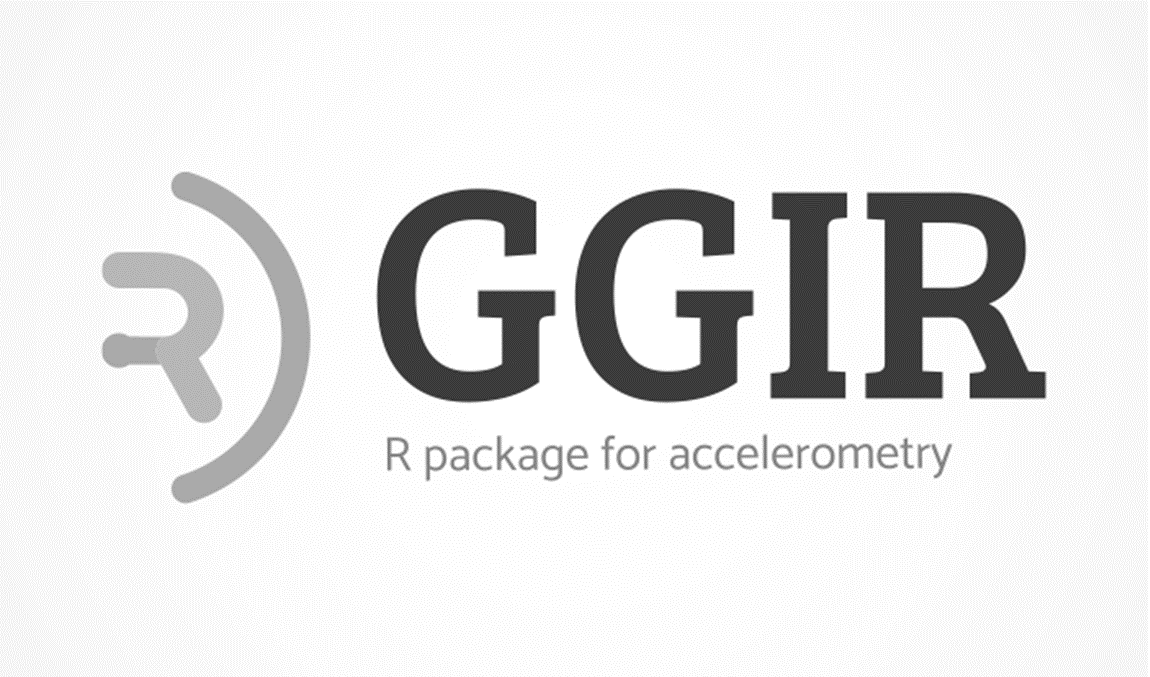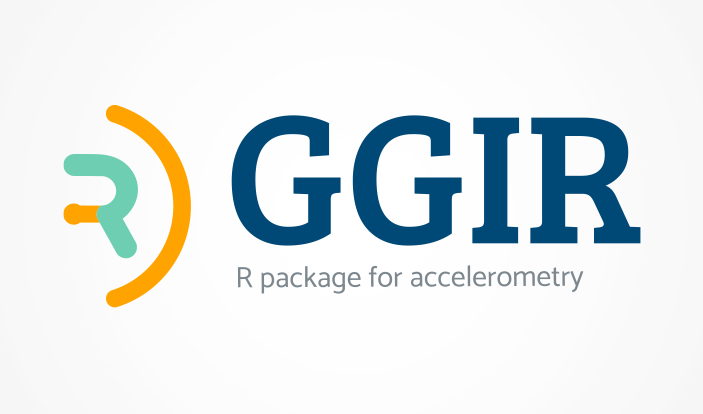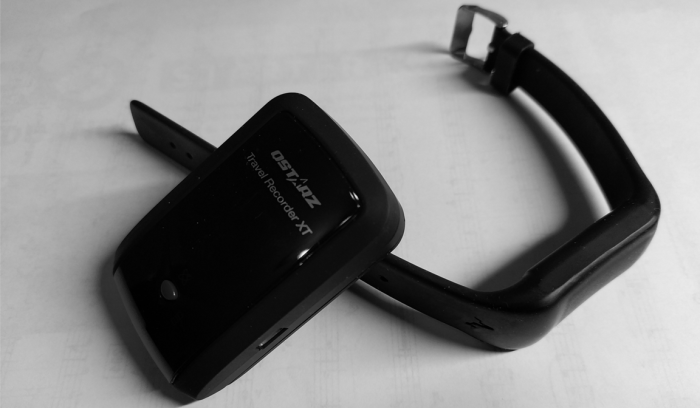 Monday, February 24, 2025 -
GGIR updates
GGIR release 3.2-0
Monday, February 24, 2025 -
GGIR updates
GGIR release 3.2-0
In this blog post I will talk you through the main updates in the new GGIR 2.7-1 release. For a full list of updates since the previous CRAN release (version 2.6-0), see the GGIR changelog.
File handling
- Functionality for reading GENEA (Unilever Discover) binary files has been temporarily deprecated because one of it’s software dependencies has been temporarily offline. This has recently been resolved and we will restore the GENEA reading functionality in the next GGIR release on CRAN (probably in August/September). This does not affect GENEActiv (ActivInsight) data because that data is stored in a different binary data format.
- Functionality for reading GENEActiv .csv files has been deprecated. You can still use GGIR’s read.myacc.csv functionality for reading the GENEActiv .csv files, and GGIR default settings for reading GENEActiv .bin files.
- Functionality to read ActiGraph CentrePoint .GT3X files added.
- Fixed bug that prohibited processing files in subfolders of the data directory. As a result, you should now again be able to process multiple sub-studies with a single GGIR command using only the parent folder to specify argument datadir.
- Fixed bug relating to how the date format of an activity diary is interpreted.
- A new vignette was added describing how to use GGIR function read.myacc.csv to process your ad-hoc .csv format data.
- All GGIR input arguments are now documented as part of the GGIR function documentation. With ?GGIR on the R(Studio) command line and use the search field or scroll through the documentation.
Function g.shell.GGIR() simplified to GGIR()
Given that g.shell.GGIR() was difficult to pronounce we simplified it to just GGIR() as now clarified in the vignette. The underlying code is identical. Note that function g.shell.GGIR should still work, but please let us know if you have difficulties.
Cosinor analysis
Cosinor analysis entails the fitting of a cosine curve to the accelerometer data to estimate basic characteristics of the circadian rhythm. To enable this with GGIR, a dependency has been added to R package ActCR as developed by Dr. Junrui Di and colleagues. By specifying GGIR argument cosinor = TRUE, GGIR will now conduct both cosinor and extended cosinor analysis (as proposed by Marler et al. 2006) as part of the GGIR part 2. For specific implementation details see our new vignette paragraph on Circadian Rhythm analysis with GGIR.
The addition of the cosinor and extended cosinor analysis has been sponsored by Dr. Séverine Sabia (ANR grant), Université de Paris, Inserm in Paris. Also we would like to thank Dr. Junrui Di for making a new ActCR release to facilitate the integration with GGIR.
Advanced sleeplog
The advanced sleeplog was introduced in 2021 and allows for more information than the basic sleep log. Various updates and bug fixes were made in relation to the advanced sleeplog handling:
- Better handling of dates in the sleeplog far beyond the accelerometer recording dates.
- Unnecessary warnings omitted to make console output more informative.
- Bug fixed when start of the accelerometer recording does not match the start of the advanced sleeplog.
- Bug fixed when first night is missing in the log.
The improvements to the advanced sleeplog handling have been sponsored by Dr. Beets and the Arnold Childhood Obesity Initiative Research Group at the University of South Carolina.
Output files
- The pdf QC visualisation that has been part of GGIR for years now automatically scales the horizontal axis to the length of the recording. Previously the user had to specify the axis length with argument maxdur. Note that argument maxdur is still used for specifying the maximum number of days to consider as valid days, but no longer affects the axis length of the QC plot.
- The output column names related to segmented day analysis are now logically ordered. Previously it ordered the columns alphabetically, as in 1, 10, 11, 2, 20 which has become 1, 2, 10, 11, 20.
- GGIR .csv reports are now saved with a maximum of 3 decimal places for numeric variables. We do this to improve readability of the csv files, to reduce file size, and to avoid the false impression of super accuracy.
Macos 11 with arm64 architecture not updated yet
We are having difficulties getting the GGIR version 2.7-1 approved for MacOS 11 on arm64 architecture . If this affects you, then you can install the latest GGIR release via GitHub with R package devtools (or the remotes package) instead if you are not using sleeplogs or you could stick with version 2.6-0 as available on CRAN. If you have access to such a machine and are in interested in helping us fix the issue then please let us know via this thread on GitHub.


